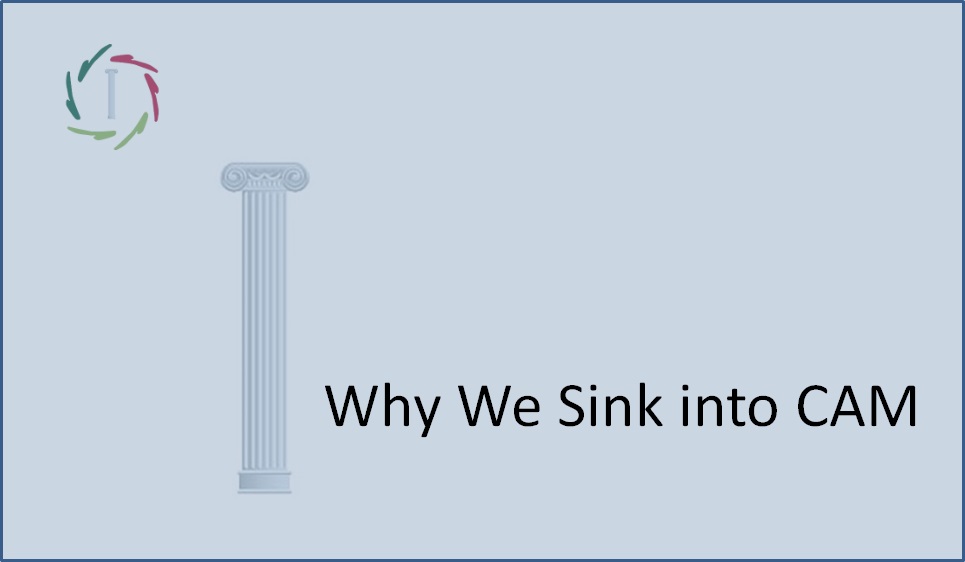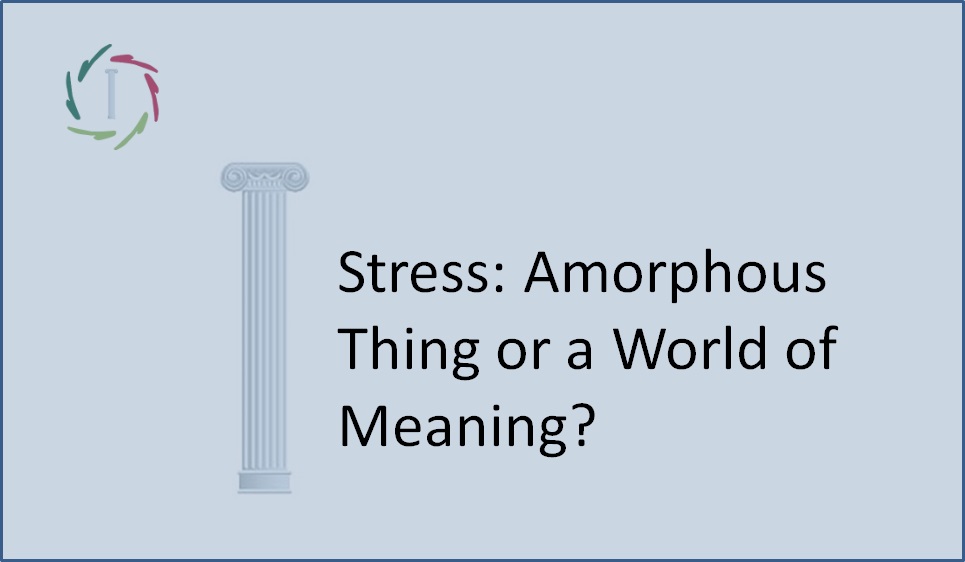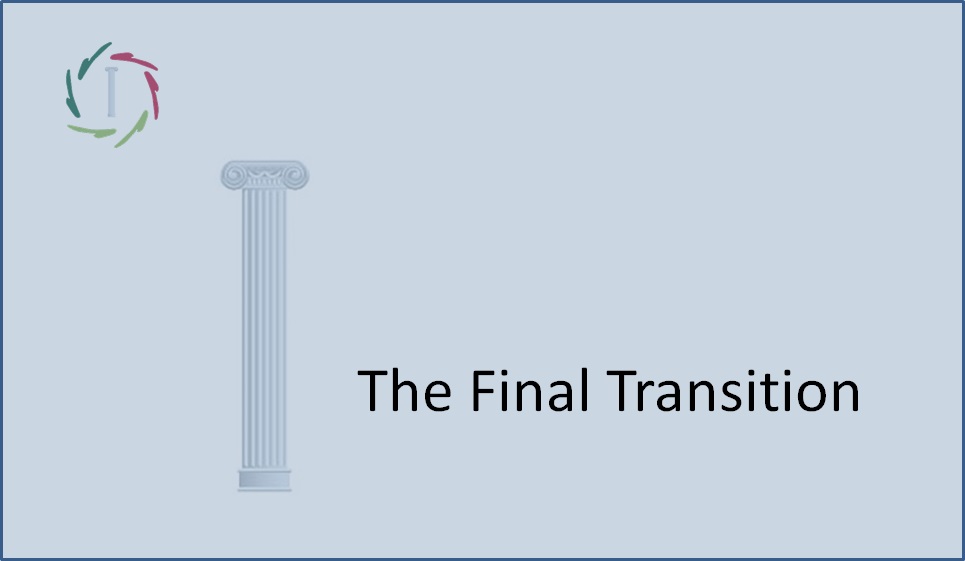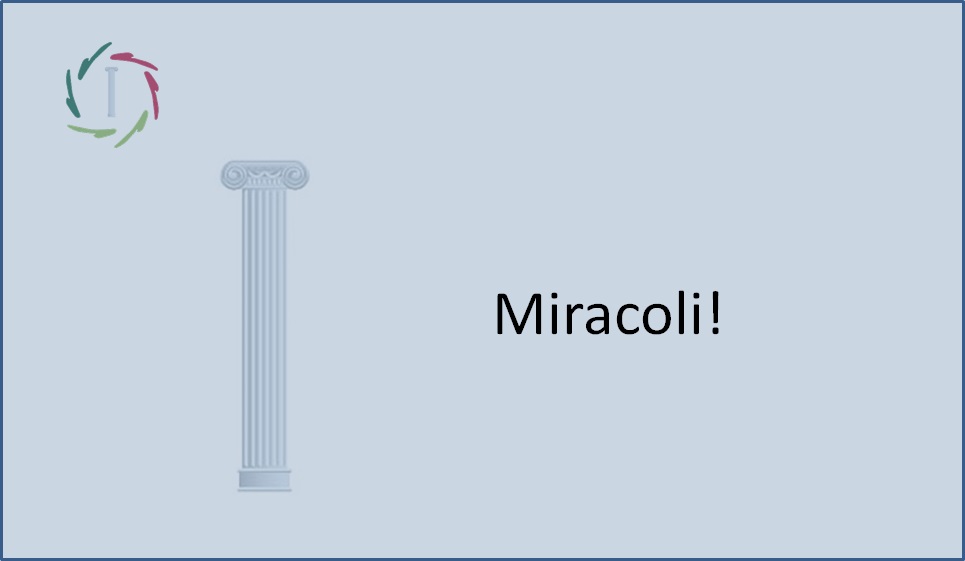27. Why We Sink into CAM

CAM is like an amoeba. Not more rational than trial and error and some super simplicity.
According to research in the US, it are mainly people with a higher education that practice CAM (Complementary & Alternative Medicine). Does this mean that common sense sees through the CAM thing much faster? Or do highly educated people on the other hand, know that regular ‘solutions’ often are not the end of the road? The second statement means that, if nothing drastic happens, CAM has the prospect of attaining a great untapped market. Also in Europe, nearly half the population is consulting a CAM therapist. Why?
CAM directly adapts to human aspirations.
It is not bothered by any kind of serious self-criticism. Commercially seen, this is a big advantage, because you can fully go for it. Take for example the idea ‘holism’. CAM talks and writes very much about it and fills its wallet with it. It is catchy. People like to see themselves as a unity and they also like to be treated as such. Any farmer knows that a plant needs its roots and its stem and its leaves. So, the term ‘holism’ is being juggled to death… and that’s it. Because of the simple reason that there is no reason for CAM to make the term meaningful. On the contrary. That would complicate the matter. What people also want, is that everything is bright and light-hearted and especially easily controllable. In other words:
one likes the idea of ‘holism’, but without any deeper consequence of it.
And so that is what one gets. Cash on the barrel. That’s a lot easier. In the meantime, just focus on what appears ‘holistic’ in CAM and you will soon end up in an unprecedented reductionism.
The entire psychosomatics does not fit the profile of ‘illness-> attacking illness-> restoring health’. In this case, there is no disease outside of the patient. The only thing that is attacked then, is the patient him/herself. Of course this does not lead to satisfactory solutions. So people are searching elsewhere. The meaning side of psychosomatics as is scientifically ”professed’ or rather ‘avoided’ in modern times, is a derelict land where even a jungle can quickly proliferate. Take for example the idea ‘holism’. Current academic medicine tries as hard as it can to make sure that one does not feel addressed to as a ‘total being’. ‘Holism’ is a dirty word. Everything is, as far as possible, reduced to ‘a disease’. Because: ‘disease’ fits into the own ‘disease model’. This is no rational motive. It is not a search for the truth. It is merely defending the own (sub)culture because of the own (sub)culture. In doing so, one is sweeping under the rug all things that may be negative for oneself. Others take advantage of that. This happens on both sides to such a degree that insiders at each side often struggle to see themselves with broad vision and from the outside. It seems like the politics of Flemings and Walloons. Not perchance.
CAM hides itself behind an ever changing form. At the one hand there is the multitude of CAMs, at the other hand there is the tendency of each CAM to mold oneself, like an amoeba, to the environment. Often under the guise of ‘even better, even more powerful’. It is a way to stay untouchable. Not so much consciously thought out but simply the movement of the amoeba: a combination of trial and error and some super simplistic principles. Such as: where there is something to eat, assume that there is more to eat until proven otherwise. The end result seems much more rational, much better thought out than it is.
To get out of this quicksand, it is necessary that the academic medicine looks inwards.
There is a ground and there is a wilderness. Rather than giving the wilderness the blame for everything one can try to give the ground a beautiful, meaningful destination. If one should question oneself in order to do so, then THAT is the big challenge.


